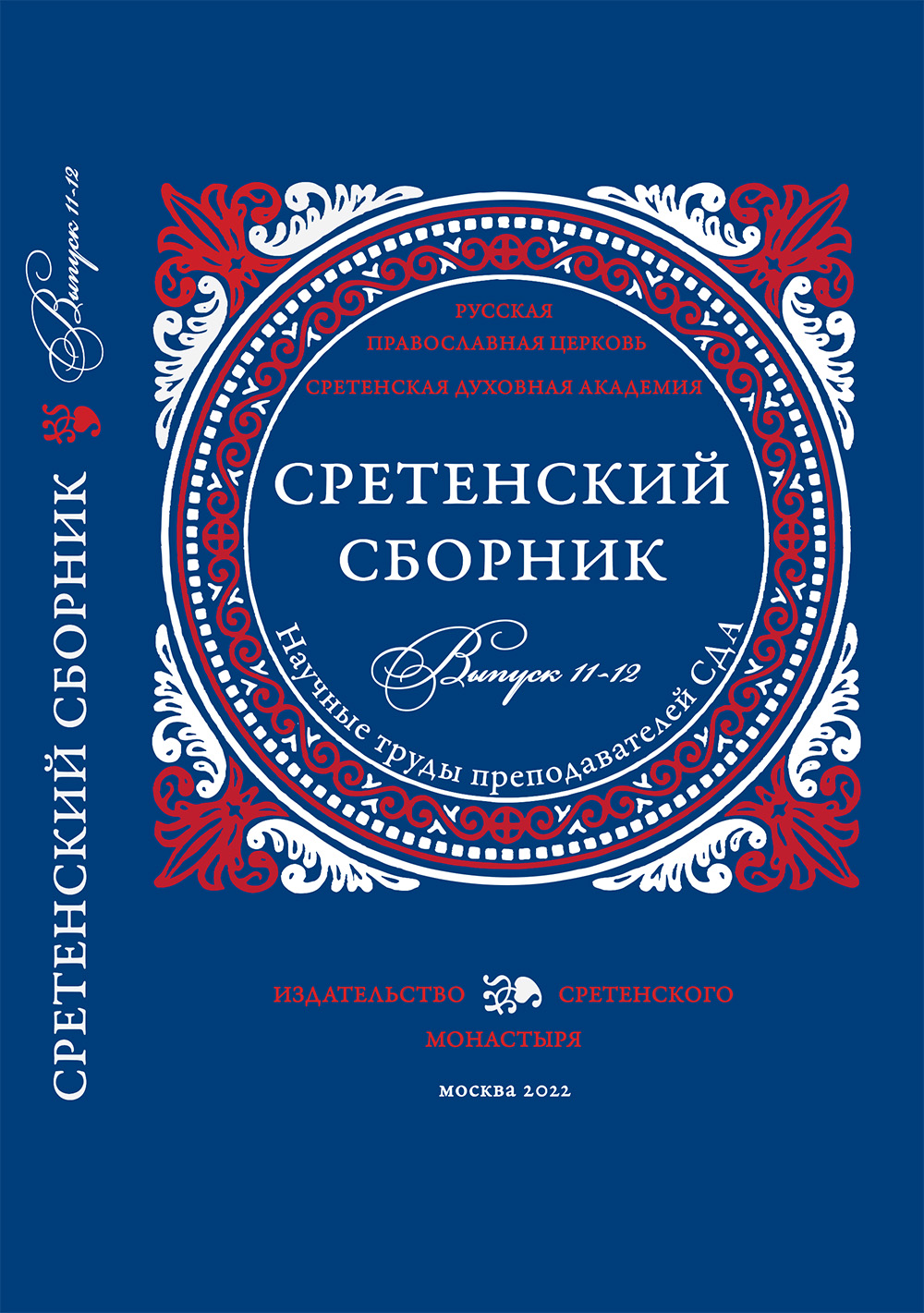Two problems of Galileo’s «theory of two books»
Keywords:
science and religion, philosophy of science, GalileoAbstract
The article analyzes the concept of the relationship between science and religion proposed by Galileo Galilei, which can be called the “theory of two books”. Under one book is meant the Holy Scripture, under the other - the universe itself, as it is known by science on the basis of experience and evidence. What is new in this article is the study of the origins of Galileo’s conviction in the complete truth of scientific knowledge about nature, due to which Galileo believed that the statements of the Holy Scriptures about the world should be interpreted in accordance with existing scientific knowledge. The article demonstrates that Galileo followed Aristotelian ideas about scientific knowledge, despite the fact that he criticized Aristotelian physics. As a result of the analysis, the article formulates and highlights two problems of the theory of the “two books of Galileo”. The first is that the history and philosophy of science have shown the invalidity of Galileo’s belief that scientific knowledge provides the final completely infallible knowledge of “divine truths” about nature. The second problem is related to the fact that in the Christian tradition there has always been a distinction between the knowledge of truth acquired by grace and preserved in the Church, and “external” wisdom subject to error, which are equalized in Galileo’s “theory of two books”. The article for the first time specifically considers Galileo’s appeal to the views of Tertullian and shows the difference between the positions of the first and second in relation to the “book of nature”.








